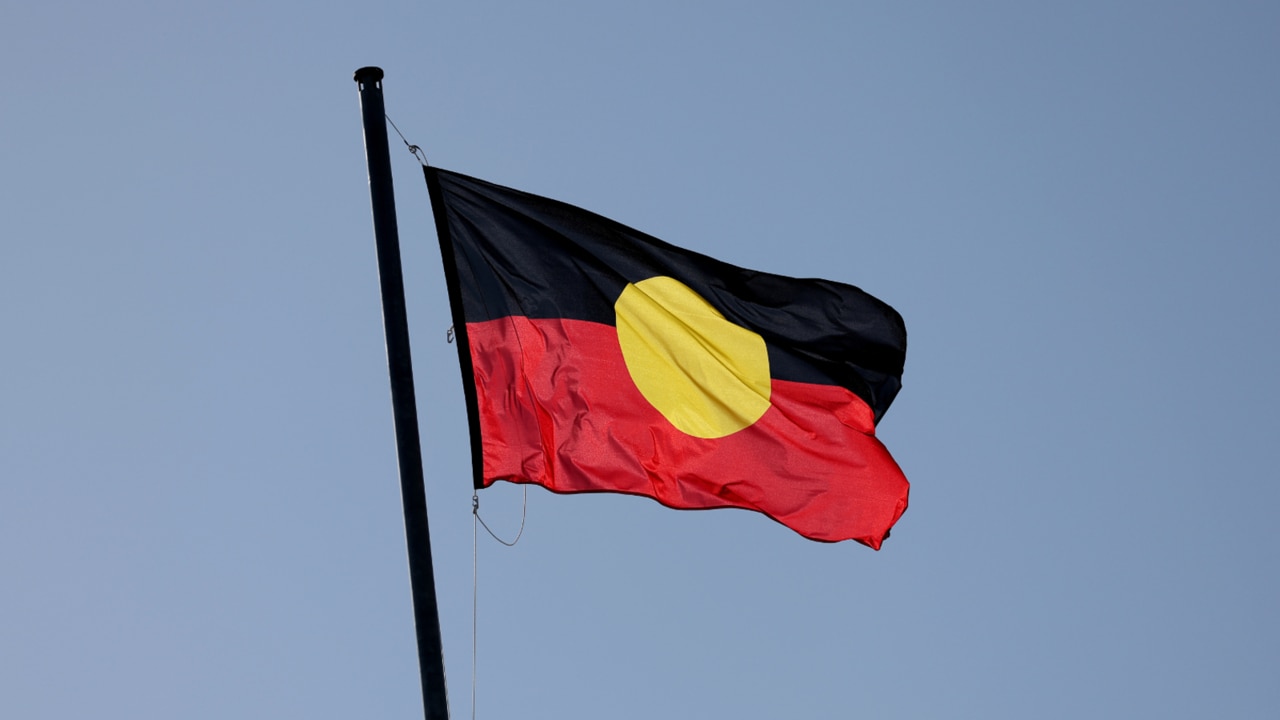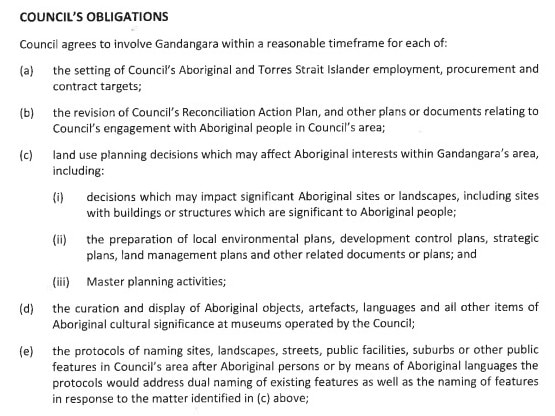‘Treaty by default’: Cumberland Council weighs Aboriginal partnership agreement
A Sydney council has been accused of attempting to implement a “treaty by default” under a proposed agreement with Aboriginal owners.

Economy
Don't miss out on the headlines from Economy. Followed categories will be added to My News.
A western Sydney council has been accused of attempting to implement a “treaty by default” under a proposed partnership agreement with local Aboriginal owners.
Cumberland City Councillor Steve Christou has accused the Labor-dominated council of ignoring the wishes of residents of the area — which he says voted 64 per cent No in the Voice referendum — by attempting to “force” through the agreement with the Gandangara Local Aboriginal Land Council (GLALC).

“This is disgraceful — it’s on the business paper for tonight, us non-ALP councillors have been ambushed with it,” Cr Christou said.
“This is the ALP having a dummy spit, throwing their toys out of the cot and trying to force through treaty by default. This is bordering on communism — we’ll just dictate our will upon the people because they voted No.”
The draft agreement with GLALC — which has jurisdiction over a large part of western Sydney across six local government areas under the 1983 Aboriginal Land Rights Act — proposes that the parties establish a working group to discuss and make recommendations on a large number of issues.

Those include undetermined land claims, cultural heritage assessment and protection, access to land and waters, Aboriginal language street signage, joint management and co-management of lands, and Welcomes to Country, performances and ceremonies.
It also states that “council agrees to involve Gandangara” on issues including Aboriginal and Torres Strait Islander “employment, procurement and contract targets”, land use planning decisions which may affect Aboriginal interests, and “the protocols of naming sites, landscapes, streets, public facilities, suburbs or other public features in Council’s area after Aboriginal persons or by means of Aboriginal languages” including “dual naming of existing features”.

The agreement states that the parties will be guided by a number of shared principles, including, “The principle of peace treaty acknowledges and respects Aboriginal custodianship of land and sovereignty, within the meaning of the Uluru Statement from the Heart, over land that has never been ceded.”
The document was first discussed at a February 22 meeting of council’s Aboriginal and Torres Strait Islander Consultative Committee (ATSICC), headed by councillors Diane Colman and Greg Cummings.
“The committee recommends that council commence discussions with Gandangara LALC to initiate a partnership agreement,” the meeting minutes said. “Committee endorses the draft agreement in principle and refers delegation to the general manager.”

Councillors will debate the ATSICC recommendation at Tuesday night’s meeting.
Cr Christou said ATSICC had given the rest of council “no briefings on it whatsoever”.
“This is very divisive, I’d actually say it is racism,” he said.
“This will be vigorously opposed, this is not what our community want. Indigenous people represent 0.6 per cent of our population. The official figures we’ve got is 1436 in a population of 245,000. The top 10 nationalities in Cumberland are Chinese, Lebanese, Australian, English, Indian, Nepalese, Turkish, Tamil, Filipino and Korean.”
Cr Christou said many from this diverse community came to Australia in the ‘60s, ‘70s and ‘80s and “helped build this country”, but were now being told they were “second-class citizens”.
He vowed to overturn any agreement if voted into the majority at the council elections in September. Labor holds eight seats on the 15-member council, with four from Our Local Community, two Liberals and one independent.
Cumberland Mayor Lisa Lake said she also “only saw this for the first time last week when the business papers were prepared”.

“The partnership agreement that’s on the business paper was put to our Aboriginal and Torres Strait Islander Consultative Committee as an example of what might be possible, and the committee has asked the council to agree with some in-principle agreement with the land council,” she said.
While saying she did not want to pre-empt council debate, she felt the draft document was “very prescriptive”.
“I think if we were minded to go down the path of having some sort of ongoing relationship reduced to writing I would be concerned to have something that’s not as prescriptive as that,” she said.
She noted that Gandangara did not cover the whole of Cumberland, with other parts taken in by the Deerubbin and Metropolitan land councils.
“As far as I know no other land council [has proposed a similar agreement but] if they see this then they very well might,” she said.
“In the interest of fairness I think if we were going to go down this track I would think we would want to do that with the other land councils as well.”
GLALC has been contacted for comment.
Originally published as ‘Treaty by default’: Cumberland Council weighs Aboriginal partnership agreement





